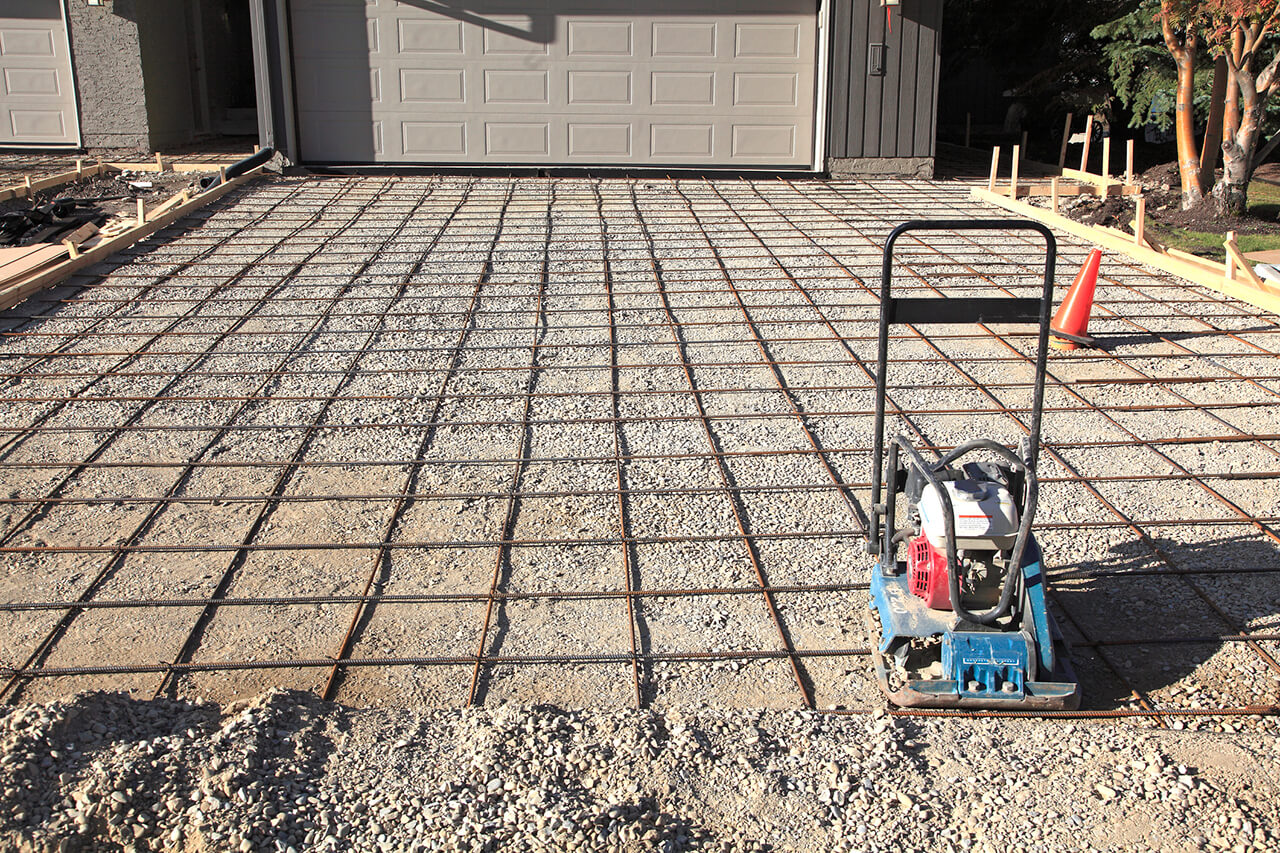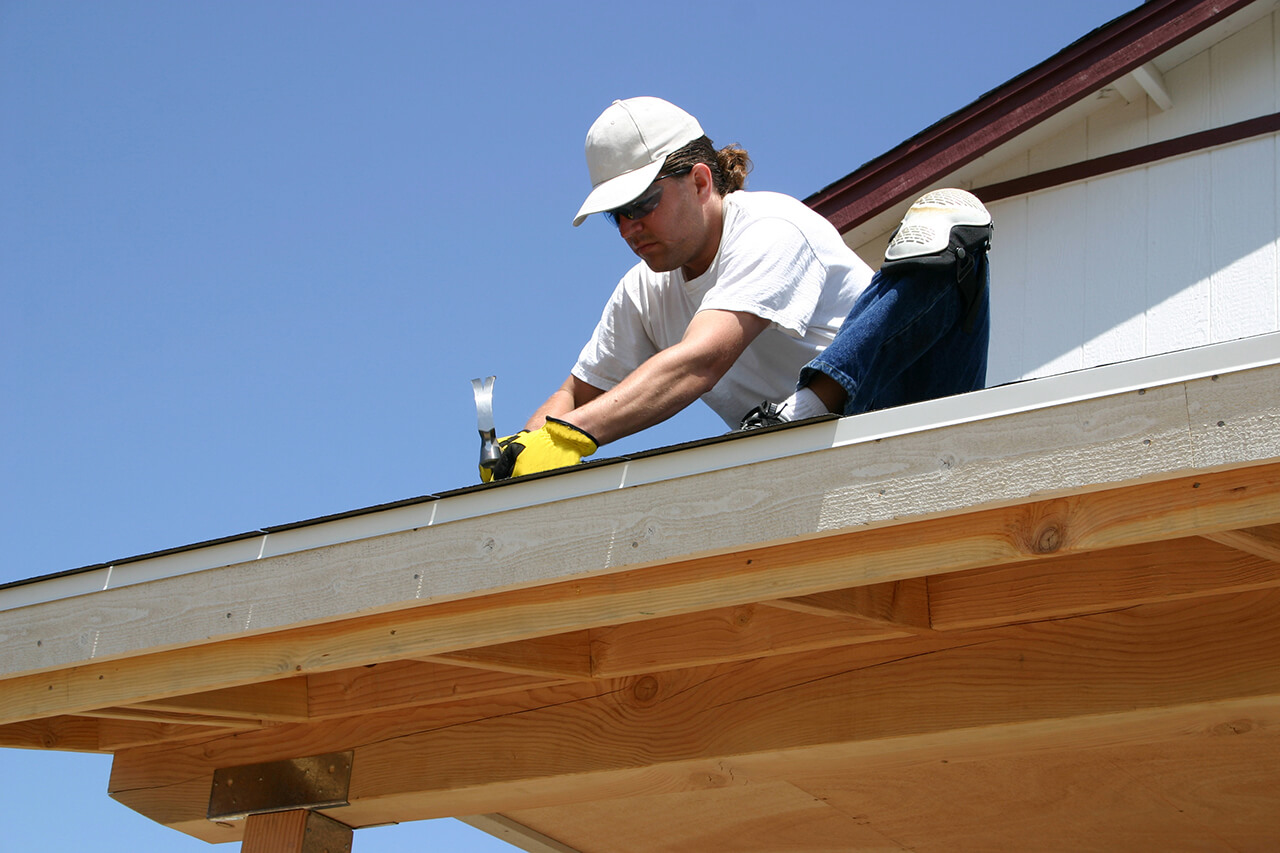How Much Are Handyperson Hourly Rates in 2025?
You’ll pay an average of $411 to hire a handyperson


Handypersons charge between $50 and $150 per hour, depending on experience and location.
The average handyperson project costs $411, with prices ranging between $65 and $1,500.
Factors such as job size, experience, licensing, travel, and materials all contribute to the total cost.
Hiring a handyperson helps you save time and money on various home repair and maintenance tasks.
This article was updated using automation technology and thoroughly reviewed for accuracy by HomeAdvisor Editor Ryan Noonan.
Handyperson rates range from $50 to $150 per hour, depending on experience and location. On average, most homeowners spend $411 per project, with prices ranging between $65 and $1,500. Whether it's fixing a leaky faucet or tackling a list of home repairs you've been putting off, hiring a handyperson can save you time and effort. Let's explore what you can expect when budgeting for hiring a handy person.
Handyperson Cost by Task
Handyperson prices range from $177 to $691 per project, but costs can vary widely, from as little as $65 for a simple repair to as much as $1,500 for larger, more complex jobs. For instance, installing a light fixture will cost less than remodeling a small bathroom.
Projects that require special licensing or involve high-risk tasks, such as electrical or roofing work, may incur an increased hourly rate. Keep in mind that unexpected issues, such as discovering mold behind drywall, will also add to the final cost.
Here are some common tasks that a handyperson can assist with, along with the average costs you might expect.
| Task | Average Cost Range |
|---|---|
| Furniture assembly cost | $90–$150 |
| Painting | $400–$1,600 per room |
| TV mounting | $150–$350 |
| Tile and grout cleaning | $280–675 |
| Light fixture replacement | $65–$250 |
| Minor roof repair | $300–$800 |
| Minor plumbing work | $200–$300 |
| Holiday light installation | $220–$680 |
Remember, while handypeople are versatile, they can't perform major plumbing or electrical work without the proper licenses. For those bigger projects, it's best to hire a licensed plumber or electrician.
Handyperson Cost Factors
When hiring a handyperson, you'll need to consider more than the average handyperson's hourly rate to create your budget. Other factors that can impact the cost include the job size, the worker's experience level, the licenses they carry, travel distance, and material prices.
Job Size
The size and complexity of your project significantly influence the cost. A quick fix, such as replacing a toilet valve, won't cost as much as installing a new awning or building a deck. Thinking about hanging holiday lights, but worried about those high roofs? A handyperson can handle that safely for you. If you're unsure about the scope of your project, don't hesitate to ask when requesting quotes.
Experience
An experienced handyperson often works faster than their less experienced colleagues because they know what's involved in the project, and they've done it many times before. Their experience allows them to work efficiently and avoid mistakes along the way. However, this doesn't mean you'll pay less per hour. In fact, you might see a higher hourly rate.
License
The licensing requirements for handypeople can vary and depend primarily on where you live. Some states may not require any licensing, while others insist that handypeople carry the same licenses, bonds, and insurance as contractors. A licensed expert often charges more than an unlicensed one to cover the increased expenses associated with their certification. For certain jobs, you may need to forgo a handy person in favor of a licensed plumber or electrician.
Travel
If you live in a rural or isolated area that's more difficult to reach, handyperson prices may be higher. The cost of a handyperson can vary significantly depending on where you're located.
In areas with a higher cost of living, you can expect a higher average hourly rate for a handyperson. Some professionals may include travel expenses in their hourly rate, while others offer complimentary travel within a specified area, such as the first 10 miles. If they charge for mileage, the standard practice is to charge according to the distance from their place of business. Ask about this when collecting hand-person quotes.
Materials
Some handyperson quotes may include labor and materials. Depending on the specific job, material costs could drive up the overall price. For example, the high potential cost of installing a garbage disposal is due to the expensive models that are available. You can save money by purchasing a budget-friendly unit.
DIY vs. Hiring a Handyperson
Thinking about tackling that home project yourself? If you have the skills and tools, DIY can be a rewarding experience. However, for many homeowners, hiring a handy person saves time and effort. Whether it's assembling new furniture, fixing a leaky faucet, or painting a room, a handyperson can get the job done quickly and efficiently, often at a lower cost than a specialized contractor. Ready to cross those tasks off your to-do list? Find a local handyperson today.
How to Hire a Handyperson
To hire a handyperson, start by researching handypeople in your area. You can look online or ask for recommendations from family, friends, and neighbors. Always obtain quotes from multiple contractors before proceeding with any one of them. If the job is more complex, you may need to hire a different professional, such as a foundation repair contractor, plumber, or electrician.
Getting Quotes
A handyperson should be able to provide you with a written, firm quote before starting any project. You must provide sufficient details about the job, including the materials you prefer to use. The quote should clearly outline the project's scope, define the final product, and provide an accurate estimate of the time required. They can then use these factors to determine whether to use hourly or flat-rate pricing and calculate the total cost.
Projects can grow and change as they progress, resulting in additional costs. Unforeseen complications can also lead to an increase in the price. In either situation, a handyperson should provide another quote that explains the reason for the higher price.
How HomeAdvisor Gets Its Cost Data
No place is more important than your home, which is why HomeAdvisor connects homeowners with local pros to transform their houses into homes they love. To help homeowners prepare for their next project, HomeAdvisor provides readers with accurate cost data and follows strict editorial guidelines. We surveyed over 30,000 real customers about their project costs to develop the pricing data you see, so you can make the best decisions for you and your home. We pair this data with research from reputable sources, including the U.S. Bureau of Labor Statistics, academic journals, market studies, and interviews with industry experts—all to ensure our prices reflect real-world projects.
Frequently Asked Questions
Handypeople can tackle various home repair and maintenance tasks to keep your home looking and functioning at its best. From adjusting sprinklers and installing air conditioners to repairing roof leaks and refinishing cabinets, they've got you covered. Do you need the awning installed or the stair railings secured? How about fixing doors, repainting rooms, or even hanging holiday lights? A handyperson can handle all these jobs, saving you the hassle of hiring multiple specialists.
A handyperson doesn't perform repairs that require specialized certifications or detailed technical expertise. Critical projects, such as major plumbing installations, electrical rewiring, extensive structural modifications, or tasks that require permits, must be entrusted to licensed contractors. Expanding a stairway, installing a new roof, building a raised deck, or adding a fireplace involves the expertise of professional teams to ensure safety and compliance with local regulations.
To save money when hiring a handyperson, a little planning goes a long way. Try to bundle several small tasks together so they can handle everything in one visit. Clear the work area of any obstacles before they arrive—this helps them get started immediately. Don't forget to ask about any discounts for multiple projects or services. These simple steps can make the job more efficient and help reduce the overall cost.
Whether to pay a handyperson a flat rate or an hourly fee depends on your project. For smaller or straightforward tasks, paying by the hour might be more cost-effective. For example, a three-hour job at $75 per hour totals $225, which may be less than a flat rate of $300. For larger projects, a flat rate could save you money. It's best to discuss both options with your handyperson to determine what works best for your situation.
A handyperson doesn't require a tip, as their fees already cover the cost of their expertise and service. If you experience consistently outstanding service and build a durable professional relationship, offering an annual bonus as a gesture of appreciation is acceptable. This bonus is optional and is intended solely to reward exceptional performance throughout the year.
A contractor specializes in complex repair projects and employs a team of licensed professionals, while a handyperson works independently on a wide range of smaller projects. Contractors handle tasks that require permits and specialized skills, whereas handypeople address basic repairs and maintenance that don't demand certification. This clear distinction helps homeowners choose the right professional for each job.







